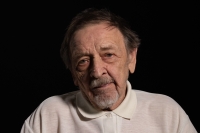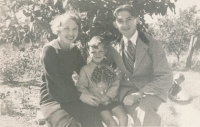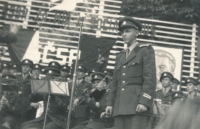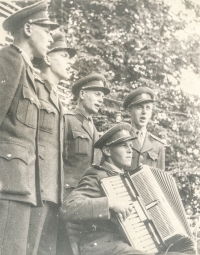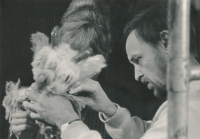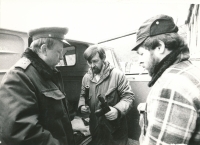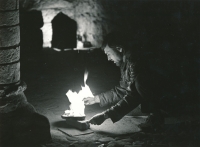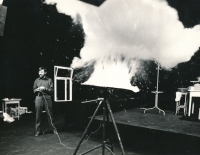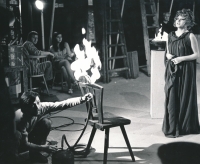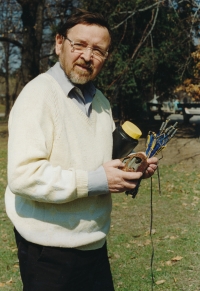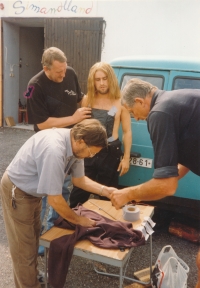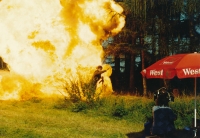It wasn’t hard to admit after 1968 that all communism was a fraud

Download image
Jiří Berger was born as an only child on 25 September 1930 in Rajhrad. He grew up with his parents in Kobylí in Moravia. Both parents taught at a town school. His father Karel was a keen scout and humanist, but like his mother he was also a staunch communist. In 1941, his father was sent to prison for anti-Nazi activities. After a year he was released, but he was never allowed to teach again. In 1942, Jiří Berger entered the grammar school in Hodonín. His father helped the Soviet army during the liberation of Czechoslovakia in May 1945. During the fighting, he clashed with the Germans and died after a grenade exploded. Jiří Berger joined the Communist Party of Czechoslovakia (KSČ) in 1947, following the example of his parents. In 1949 he entered the Military Technical Academy, majoring in chemistry. He finished his studies in 1954 with a diploma thesis on explosives. In 1955 he married Irena Toušlová, and a year later their only daughter Irena was born. He worked in the technical institute of the Ministry of the Interior on technical inventions for intelligence service. In 1967, he was recommended by a colleague to work as a pyrotechnician on Václav Vorlíček’s film The End of Agent W4C through Mr. Foustka’s dog. He also worked on the famous American film The Bridge at Remagen, which was shot mostly in Czechoslovakia. After the invasion of Warsaw Pact troops on 21 August 1968, the filming of the film was interrupted and the American crew finished the film in Italy. After the occupation, Jiří Berger pretended to have mental health problems and resigned from the Communist Party of Czechoslovakia for health reasons. From then on, he was, in his own words, a staunch anti-communist. In 1975 he joined Czechoslovak Television, where he founded the special effects department. He participated in more than 150 films such as Sir, You Are a Widow, Adéla Has Not Dined Yet, Blockbuster (Trhák), Tank Battalion and many others. After his retirement in the 1980s, he used to travel to the Soviet Union and China to coordinate the work of film stuntmen. In 2023 he was living with his wife in Prague.
